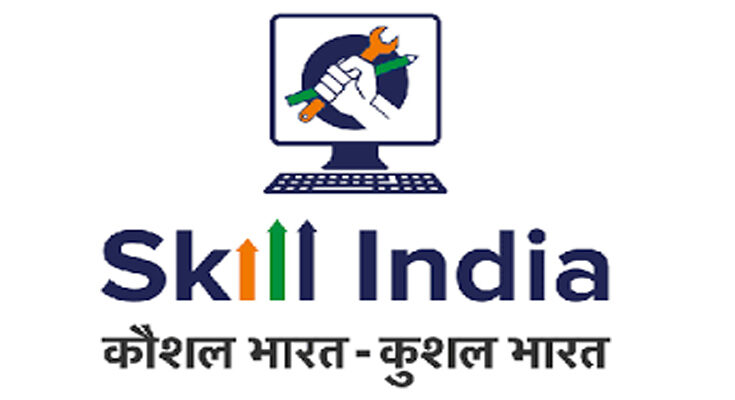by Dr. Manmohan Prakash
Independent Journalist
The future of any nation is shaped by the potential of its youth. With nearly 65% of India’s population falling within this demographic, the country boasts a unique advantage in its youth-driven workforce. Recognizing this, the Indian government, under Prime Minister Narendra Modi, launched the Skill India Mission on July 15, 2015. This initiative aims to build a comprehensive skill development ecosystem, offering both traditional and modern skills training to young people. Its focus is on improving employability, boosting entrepreneurship, and strengthening India’s economic growth.
The Skill India Mission encompasses several key programs designed to train and empower youth for a variety of industries:
Pradhan Mantri Kaushal Vikas Yojana (PMKVY): This flagship program provides short-term training, preparing youth for industry-ready roles. More than 1.37 crore youth have benefited from training at 720 modern and technologically advanced Pradhan Mantri Kaushal Kendras.
National Skill Development Corporation (NSDC): The NSDC fosters the establishment of skill development centers in collaboration with private and government bodies, helping to expand the country’s training infrastructure.
Pradhan Mantri Kaushal Kendras (PMKK): These centers offer high-quality, accessible training across India to enhance youth skills.
Pradhan Mantri YUVA Yojana (PM-YUVA): This initiative focuses on nurturing entrepreneurship, providing education and resources to aspiring business owners while fostering a cultural shift toward entrepreneurship.
Start-Up India (launched on January 16, 2016): Aimed at building a thriving start-up ecosystem, this initiative supports young entrepreneurs with resources, mentorship, and funding.
Stand-Up India (launched on April 5, 2016): Focused on empowering women and marginalized communities, this program helps individuals from Scheduled Castes and Scheduled Tribes prepare for entrepreneurship.
National Apprenticeship Promotion Scheme (NAPS): Launched in 2016, this scheme promotes apprenticeship opportunities, allowing youth to gain practical experience and enhance their employability.
The Skill India Mission is continuously adapting to the evolving needs of India’s job market, offering training in diverse fields, including:
Green Skills: Training in solar panel installation, windmill setup, waste management, and pollution control.
Digital Skills: Courses in digital marketing, data analytics, artificial intelligence, and cybersecurity.
Technical Skills: Focus on mechanical, electrical, and IT sectors.
Tourism and Hospitality: Training for hotel management and roles within the travel industry.
Agriculture and Rural Skills: Courses in organic farming, dairy farming, poultry, fisheries, and rural entrepreneurship.
Since its launch, the Skill India Mission has played a crucial role in reducing unemployment, encouraging self-employment, and preparing a skilled workforce ready for global competition. More than 700,000 apprenticeship programs have been conducted, and millions of youth from both rural and urban areas have found employment or self-employment opportunities.
However, despite its successes, the mission faces several challenges:
Mismatch between the number of skilled youth and available job opportunities.
Lack of alignment between the skills taught and industry demand.
Limited awareness and resources in rural areas.
The need to improve the quality of skill training.
Promotion of green and sustainable skills.
Expansion of training in digital education and emerging fields like AI.
Awareness campaigns to engage more youth.
Despite these hurdles, the Skill India Mission remains a pivotal initiative, one that is transforming India’s workforce and contributing to its vision of becoming a “Skill-Rich Nation.” By equipping youth with the necessary skills for the future, the mission is helping build a self-reliant, competitive, and economically strong India.




